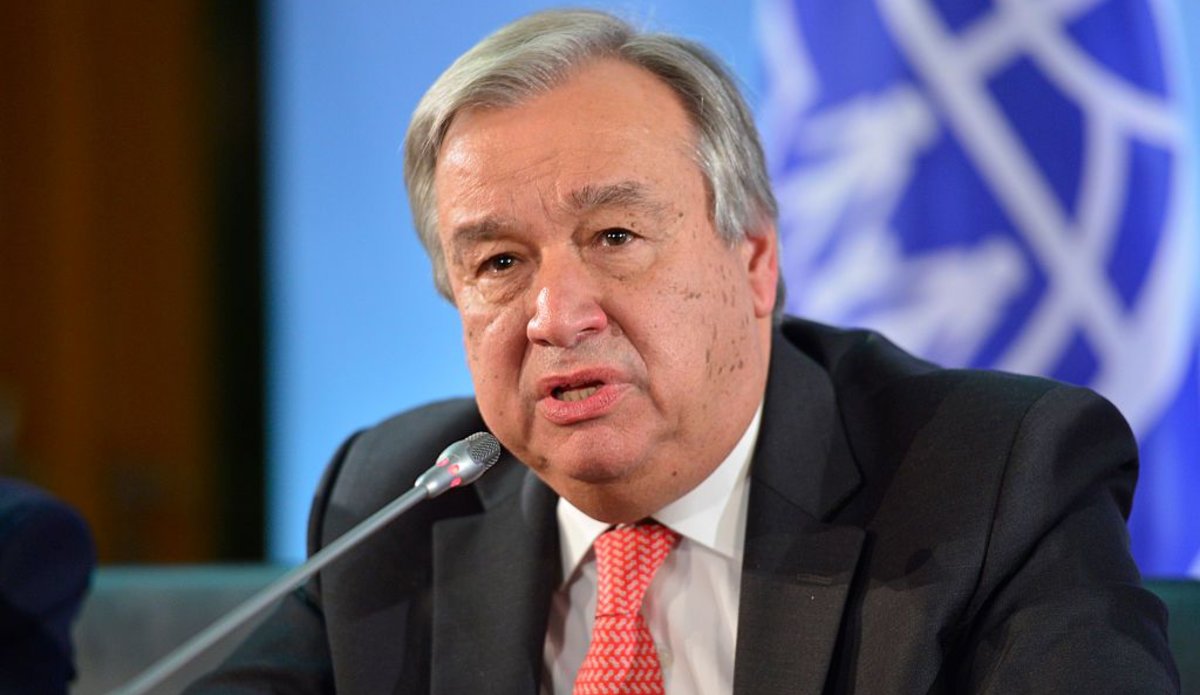Seizing the Moment: Accelerating the Transition to Clean Energy
The world stands at the cusp of a transformative era in energy production and consumption, marked by a decisive shift towards clean and renewable sources. This transition, driven by technological advancements and economic realities, promises a future of sustainable growth, energy security, and widespread access to electricity. The momentum towards clean energy is undeniable, evidenced by the rapid growth of renewable energy capacity, the falling costs of solar and wind power, and the increasing investments in clean energy technologies. This momentum is further reinforced by the inherent limitations and vulnerabilities of fossil fuels, which are subject to price volatility, geopolitical instability, and contribute significantly to climate change.
The transition to clean energy is not merely an environmental imperative; it is a powerful engine for economic development and global stability. Renewable energy sources offer countries the opportunity to achieve energy independence, shielding their economies from the volatile fluctuations of fossil fuel markets. Furthermore, clean energy technologies create new jobs, stimulate economic growth, and empower developing nations to leapfrog traditional energy infrastructure and achieve sustainable development goals. The economic benefits of clean energy are becoming increasingly clear, with renewables now often outcompeting fossil fuels on price. Countries clinging to fossil fuels are not only hindering the global fight against climate change but also jeopardizing their own economic competitiveness.
However, this transition is not occurring at the speed or scale required to address the urgency of the climate crisis and ensure an equitable distribution of benefits. Developing countries, often bearing the brunt of climate change impacts, are lagging in access to clean energy technologies and financing. Fossil fuels continue to dominate global energy systems, and greenhouse gas emissions continue to rise, threatening to push the planet beyond the critical 1.5°C warming threshold. To accelerate the transition and ensure a just and equitable outcome, concerted action is required on multiple fronts, involving governments, businesses, investors, and international institutions.
A crucial first step is for governments to demonstrate unwavering commitment to a clean energy future by strengthening their national climate pledges and aligning their policies with the goal of limiting global warming to 1.5°C. These commitments must encompass all sectors of the economy and outline clear pathways to decarbonization, with G20 nations taking the lead. Furthermore, building resilient and modern energy infrastructure is essential for integrating renewable energy sources into existing grids and maximizing their potential. Investments in grid modernization and energy storage technologies must be prioritized, matching the levels of investment in renewable energy generation.
Meeting the growing global energy demand with renewable sources is another critical objective. This requires not only government action but also the active participation of the private sector, particularly technology companies, whose energy consumption is rapidly increasing. Companies should commit to powering their operations with renewable energy and driving innovation in energy-efficient technologies. Simultaneously, ensuring a just and equitable energy transition is paramount. This entails supporting communities reliant on fossil fuel industries to adapt to the changing economic landscape and creating opportunities for retraining and reskilling. It also necessitates reforming the supply chains for critical minerals used in clean energy technologies, addressing human rights abuses and environmental degradation while promoting equitable benefit sharing.
International cooperation is essential for facilitating the global transition to clean energy. Trade policies must be leveraged to diversify clean energy supply chains, reduce tariffs on clean energy goods, and modernize investment treaties to support the transition. Furthermore, significantly increasing financial flows to developing countries is imperative. These countries possess vast renewable energy potential but face significant financial constraints. International action is needed to address debt burdens, enhance the lending capacity of multilateral development banks, and mobilize private sector investment in clean energy projects.
The transition to a clean energy future is not just a technological or economic imperative; it represents a fundamental shift in our relationship with energy. It promises a world where clean, affordable, and abundant energy fuels economic prosperity, enhances energy security, and ensures universal access to electricity. This transition presents an unparalleled opportunity to reshape the global energy landscape and build a more sustainable and equitable future. Seizing this moment requires collective action, bold leadership, and a shared commitment to a clean energy future for all.
Share this content:










Post Comment